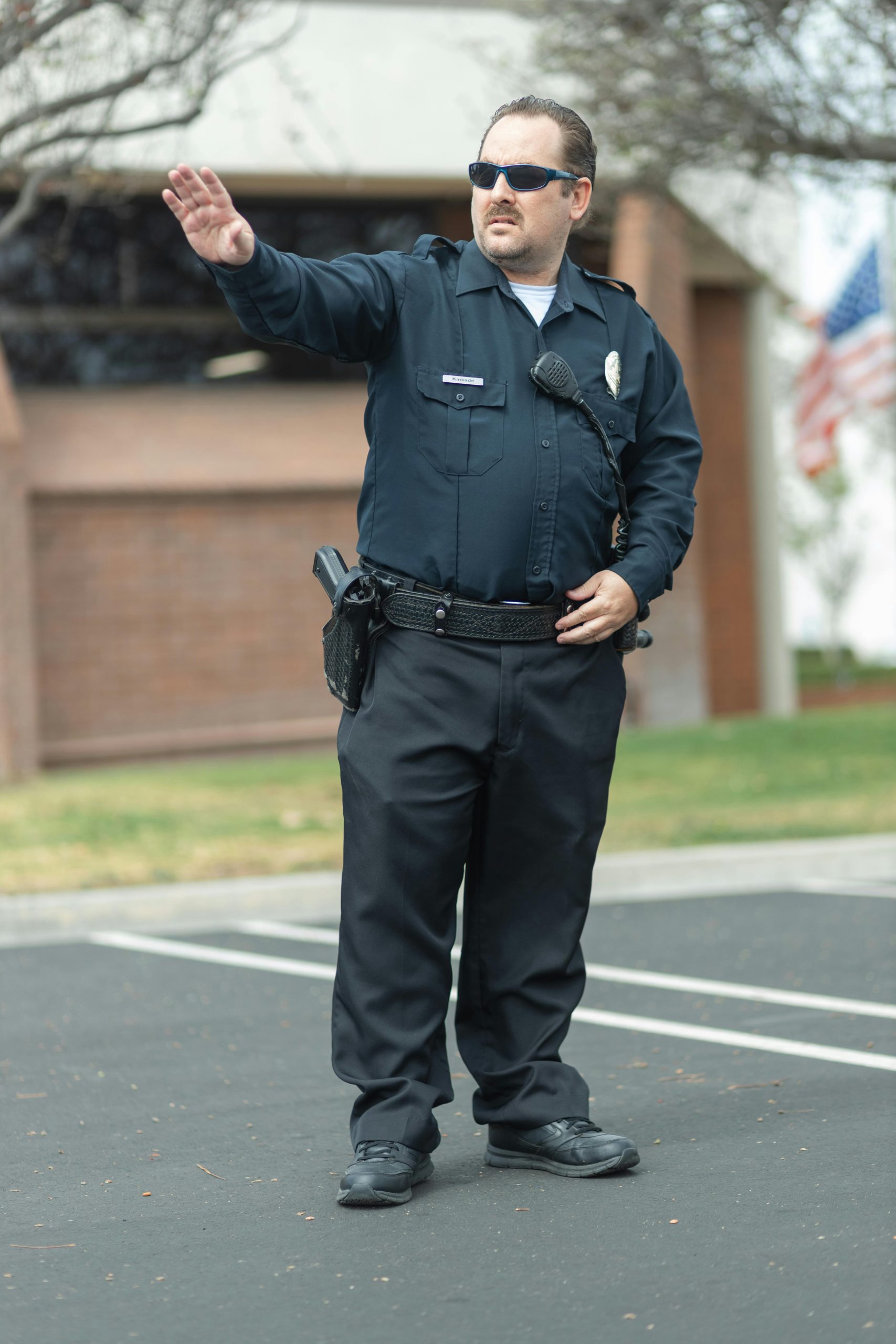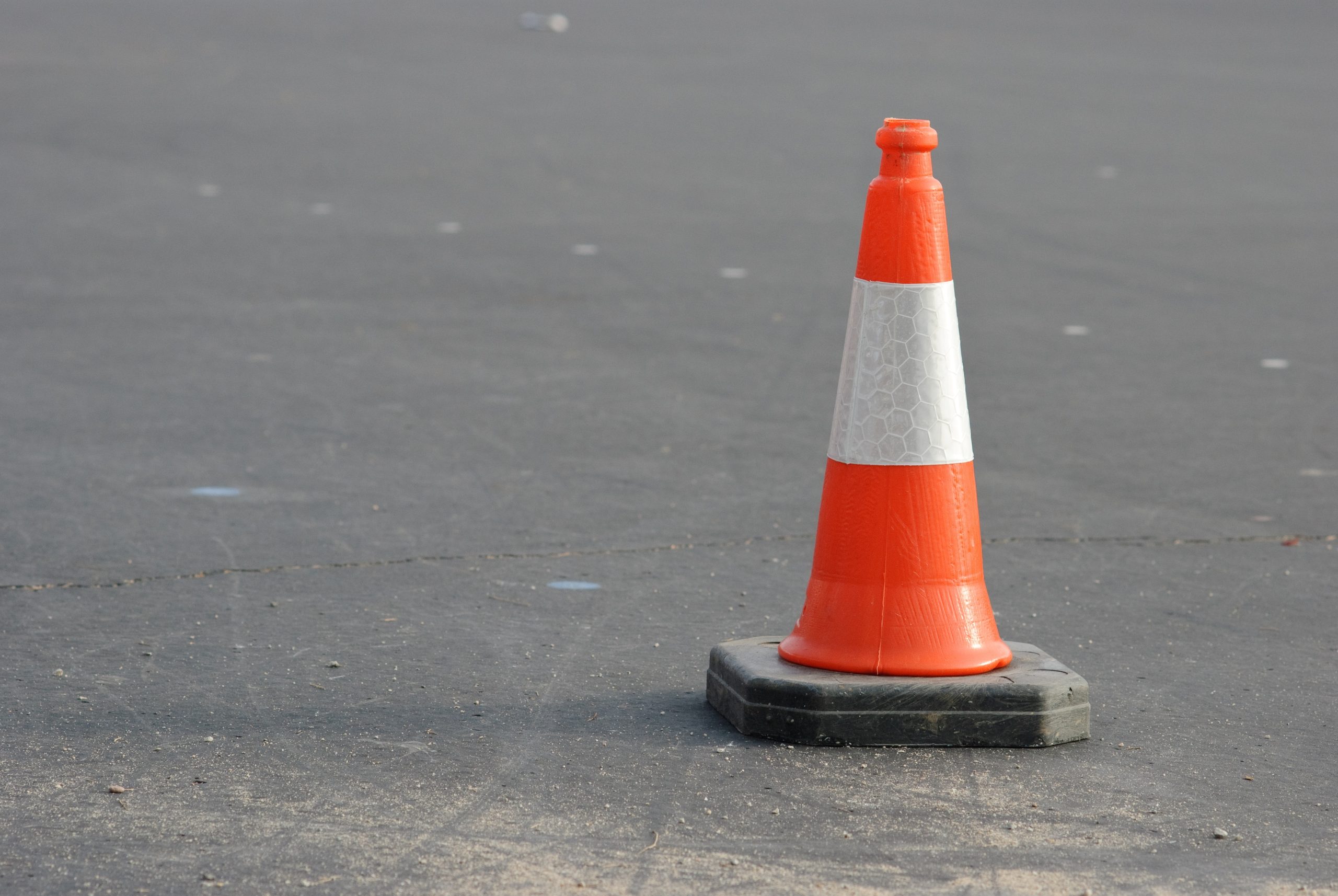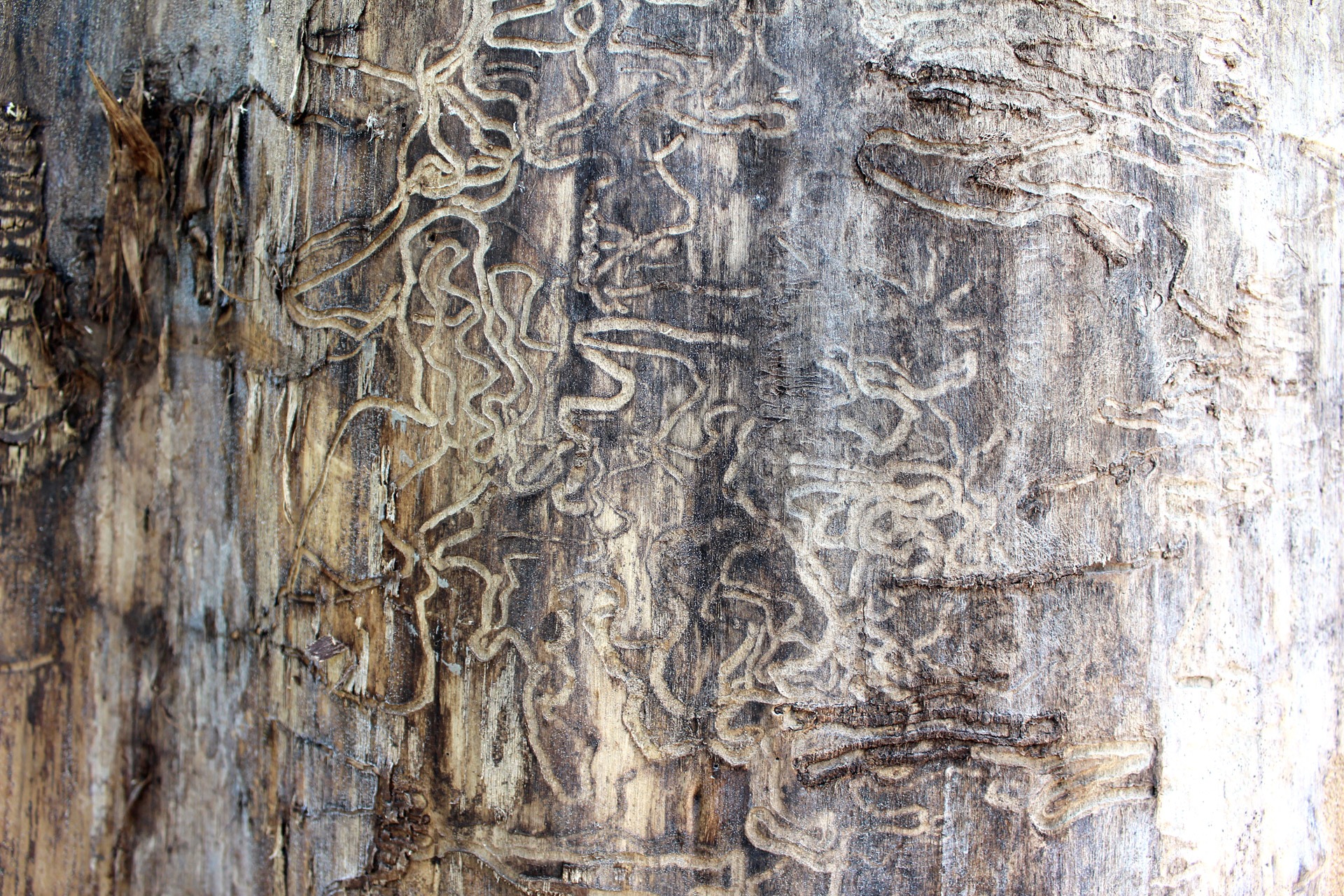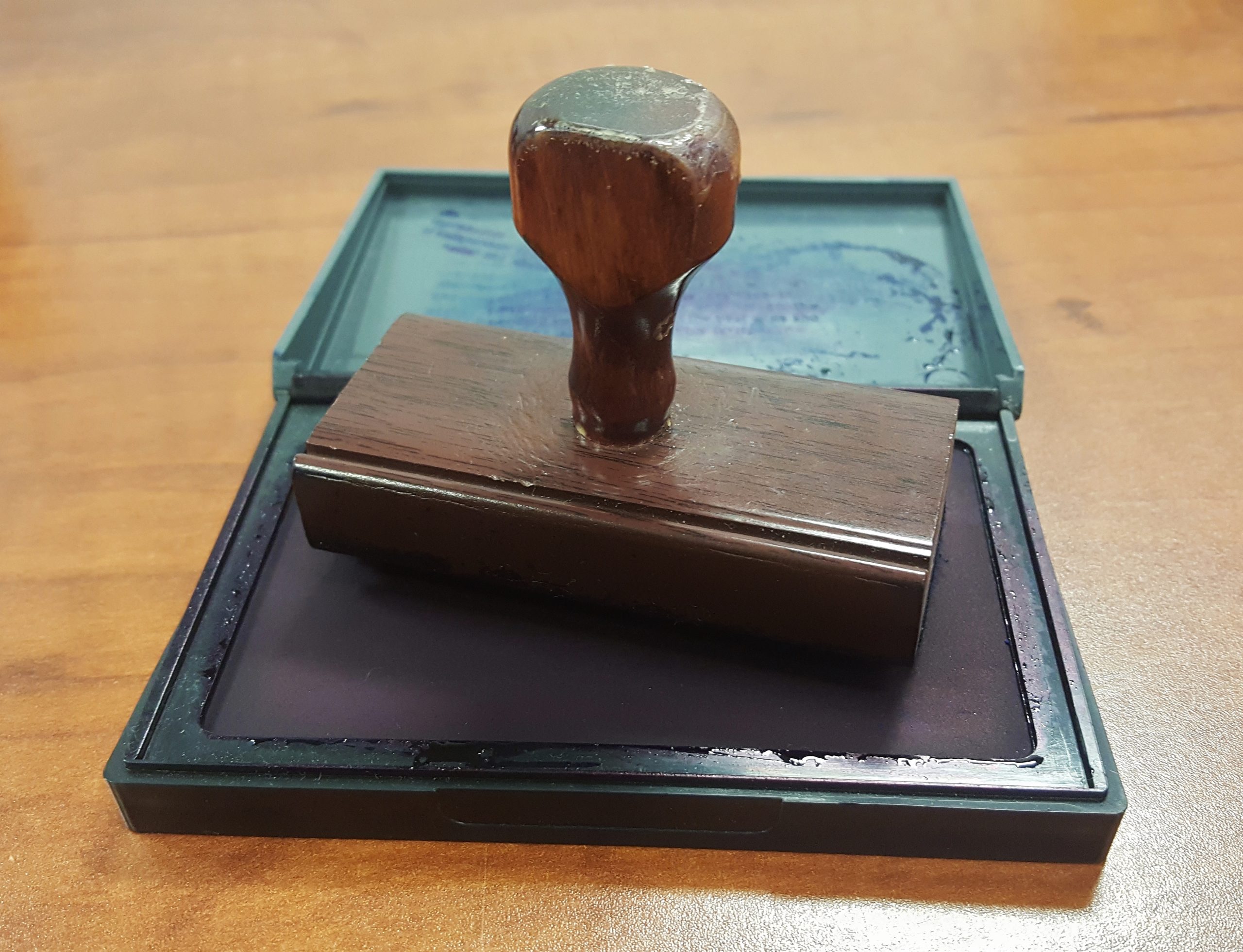Many coastal Louisiana homeowners were affected by Hurricane Katrina. Too many of those affected are still dealing with the stressful experience of rebuilding their homes, communities, and lives. When natural disaster strikes, the importance of good, quality homeowners insurance becomes starkly evident, and can provide much needed relief for homeowners. Unfortunately, insurance companies do not always make the recovery of benefits easy on the afflicted homeowner. The insurance claims process can be overwhelming, and may be complicated by the often necessary instigation of litigation. Homeowners carrying insurance need to be aware that in some instances the actions of their insurance provider in hindering their expedient recovery can compel a court to award additional compensation to the homeowner.
Louisiana revised statute §22:1892 * governs the recovery of additional damages against an insurance provider. Under §22:1892, an insurance provider who fails to make a payment on a claim within 30 days of settlement or written agreement to pay could be subject to sanctions if the court finds that failure to disburse payment is “arbitrary, capricious, or without probable cause.” If an insurer fails to make a timely payment as per the statute, the court may “subject the insurer to a penalty, in addition to the amount of the loss, of fifty percent damages on the amount found to be due from the insurer to the insured, or one thousand dollars, whichever is greater.” This penalty, if awarded, is either paid out to the insured, or to a designated employee of the insured.
The Fifth Circuit Court of Appeals case French v. Allstate Indemnity Co., addresses §22:1892. Allstate appealed the lower court’s ruling that it was liable under §22:1892 for failing to timely pay an undisputed portion of a wind damage claim made by the French’s. Allstate did not attempt to argue that they did not owe the French’s some amount under the statute, but rather they argued that the penalty amount awarded to the French’s was incorrectly calculated using an outdated version of § 22:1892. The lower court “calculated penalties on the Plaintiff’s entire wind-damage claim, without discounting any amounts Allstate had timely paid.” The court in French held that the lower court incorrectly calculated the statutory penalty to Allstate by failing to subtract a portion of the claim which Allstate timely paid from the penalty calculation. The court reduced the French’s award by $2,500.
It is important to note that had Allstate simply argued that they should not be penalized under the statute they would almost certainly have been unsuccessful. In Louisiana Bag Co. v. Audubon Indemnity Co., the Louisiana Supreme Court ruled that mere failure to pay within the statutory time limit constitutes behavior that is “arbitrary, capricious, and without probable cause,” and the statutory penalty applies. In other words, simply failing to make a timely payment as required by the statute, and nothing more, is sufficient reason for a court to subject an insurer to penalties.
The calculation of damages to be paid out by insurance companies is an often complicated process. Understanding and knowledge of any additional statutory awards that may be available to a homeowner in need can make all the difference. If you or a loved one has been affected by Hurricane Katrina you need an experienced law firm to help you navigate negotiations with your insurance company and to represent you in court should it be necessary.
*Prior to 2009, § 22:1892 was designated § 22:658, and is cited in French v. Allstate Indemnity Co. as § 22:658.
Continue reading
 To ensure public trust in law enforcement, local government officials have the power to regulate police officers’ conduct both on and off duty. There are certain lines that police officers should not cross, even in their private lives. The following case shows how the New Orleans Police Department (“NOPD”) can terminate the employment of a long-serving police officer for fighting after a traffic accident and reinforce the high standard they hold their employees to.
To ensure public trust in law enforcement, local government officials have the power to regulate police officers’ conduct both on and off duty. There are certain lines that police officers should not cross, even in their private lives. The following case shows how the New Orleans Police Department (“NOPD”) can terminate the employment of a long-serving police officer for fighting after a traffic accident and reinforce the high standard they hold their employees to. Insurance Dispute Lawyer Blog
Insurance Dispute Lawyer Blog


 Everyone knows someone who has been affected by cancer. Despite being a widespread disease, there is a lot we still do not know about cancer. One area where a lot is still unknown is causation. For example, lung cancer can be caused by a variety of things, including smoking and exposure to radioactive materials. These multiple potential causes can present challenging issues in lawsuits where an individual developed cancer. An medical expert is one possible way to address potential causation issues.
Everyone knows someone who has been affected by cancer. Despite being a widespread disease, there is a lot we still do not know about cancer. One area where a lot is still unknown is causation. For example, lung cancer can be caused by a variety of things, including smoking and exposure to radioactive materials. These multiple potential causes can present challenging issues in lawsuits where an individual developed cancer. An medical expert is one possible way to address potential causation issues.  Prescription. Some may relate this term to the medical field and taking pills. But in Louisiana, it has an entirely new meaning. Think of the common phrase “the statute of limitations” many other states use. It’s just like that. A limit is set that blocks claims from being brought after a certain amount of time has passed from the original incident. In this case, the Fifth Circuit Court of Appeal addresses whether an insurance company’s peremptory exception of prescription could be sustained.
Prescription. Some may relate this term to the medical field and taking pills. But in Louisiana, it has an entirely new meaning. Think of the common phrase “the statute of limitations” many other states use. It’s just like that. A limit is set that blocks claims from being brought after a certain amount of time has passed from the original incident. In this case, the Fifth Circuit Court of Appeal addresses whether an insurance company’s peremptory exception of prescription could be sustained.  In some cases, mistakes in following procedure can harm a plaintiff’s cause of action even if the case otherwise may be successful on the merits. For example, legal malpractice cases in Louisiana must be filed within one year from when the plaintiff knew or should have known that malpractice had occurred. A recent case out of the Parish of East Baton Rouge has outlined when a plaintiff is considered to have some notice of legal malpractice.
In some cases, mistakes in following procedure can harm a plaintiff’s cause of action even if the case otherwise may be successful on the merits. For example, legal malpractice cases in Louisiana must be filed within one year from when the plaintiff knew or should have known that malpractice had occurred. A recent case out of the Parish of East Baton Rouge has outlined when a plaintiff is considered to have some notice of legal malpractice.  Everyone knows it is a bad idea to drive under the influence of alcohol. However, even if you are in the unfortunate situation of being arrested for drinking and driving, you still have constitutional rights. Nonetheless, it is important to be aware of the possible penalties you could face, including having your driver’s license suspended. These consequences can become even more severe if you are a repeat offender.
Everyone knows it is a bad idea to drive under the influence of alcohol. However, even if you are in the unfortunate situation of being arrested for drinking and driving, you still have constitutional rights. Nonetheless, it is important to be aware of the possible penalties you could face, including having your driver’s license suspended. These consequences can become even more severe if you are a repeat offender.  We have all seen warning cones and signs in front of a wet floor at a business. But what happens when you fall in front of the warning cone? Can the company still be held accountable for your injuries? The subsequent lawsuit, Kenner, Louisiana, shows how courts review slip and fall lawsuits on wet floors with warning signs in plain sight.
We have all seen warning cones and signs in front of a wet floor at a business. But what happens when you fall in front of the warning cone? Can the company still be held accountable for your injuries? The subsequent lawsuit, Kenner, Louisiana, shows how courts review slip and fall lawsuits on wet floors with warning signs in plain sight. Expert testimony is one tool litigants can use to prove their arguments in a court of law. Expert witnesses are highly credible individuals with advanced knowledge in a particular field in a lawsuit. The testimony of experts is meant to assist the court in understanding the evidence in matters of fact. But not just anyone claiming to be an expert can testify on behalf of a litigant. As homeowners Blake and Courtney Freeman learned in a painful way, the testimony of six expert witnesses they offered was denied admissibility because it failed to meet Louisiana’s standards for expert testimony evidence.
Expert testimony is one tool litigants can use to prove their arguments in a court of law. Expert witnesses are highly credible individuals with advanced knowledge in a particular field in a lawsuit. The testimony of experts is meant to assist the court in understanding the evidence in matters of fact. But not just anyone claiming to be an expert can testify on behalf of a litigant. As homeowners Blake and Courtney Freeman learned in a painful way, the testimony of six expert witnesses they offered was denied admissibility because it failed to meet Louisiana’s standards for expert testimony evidence. Losing a loved one is an obviously devastating experience. Possessions left to the surviving family members cannot take the grief away but can prohibit an entire upheaval for the survivors. It is critical that an excellent attorney drafts the will and handles the probate process for the sake of those survivors.
Losing a loved one is an obviously devastating experience. Possessions left to the surviving family members cannot take the grief away but can prohibit an entire upheaval for the survivors. It is critical that an excellent attorney drafts the will and handles the probate process for the sake of those survivors.